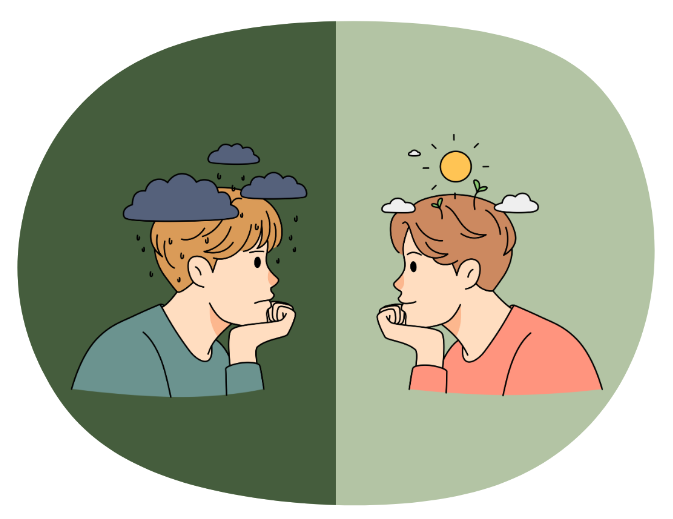Sunlight, a basic part of our world, greatly affects our mood and overall mental well-being. Many scientific studies show a clear link between time spent in sunlight and our mental health. Let's explore the intricate relationship between sunlight and our psychological well-being.
At the heart of sunlight's impact lies the synthesis of light and vitamin D, two essential elements for our mental health.
1. Light Therapy:
Exposure to natural light triggers the production of serotonin, often dubbed the "feel-good" hormone. This neurotransmitter regulates mood, appetite, and sleep. Lack of sunlight can lead to reduced serotonin levels, associated with conditions like depression and anxiety. Additionally, sunlight helps regulate our body's internal clock, promoting healthier sleep patterns and overall well-being.
2. Vitamin D Synthesis:
Sunlight is our primary source of vitamin D, essential for bone health, immune function, and neurological health. Adequate vitamin D levels may reduce the risk of depression and improve cognitive function.
In an era marked by rising rates of depression and anxiety, understanding sunlight's role is crucial. Reduced exposure due to urbanization and indoor lifestyles may contribute to mood disorders and seasonal affective disorder (SAD), triggered by seasonal changes.

Incorporating sunlight into daily routines can enhance mental well-being:
1. Prioritize Outdoor Time: Make outdoor activities a part of your routine, whether it's a morning stroll or lunch break in the park.
2. Optimize Your Environment: Maximize natural light exposure indoors by positioning seating areas near windows and using sheer curtains. Consider light therapy lamps during darker months.
3. Mindful Sun Exposure: Practice sun safety to avoid skin damage. Aim for brief, unprotected exposure during less intense UV radiation hours and wear sunscreen for extended outdoor activities.
4. Supplement Wisely: In regions with limited sunlight or for specific dietary restrictions, consult with a healthcare professional about vitamin D supplementation.
In conclusion, sunlight plays an integral role in our mental health. However, like many things in life, the key is balance. So, step outside, soak up that sunshine, and boost your mood - but do so in a way that also protects your physical health. Your mind and body will thank you.
